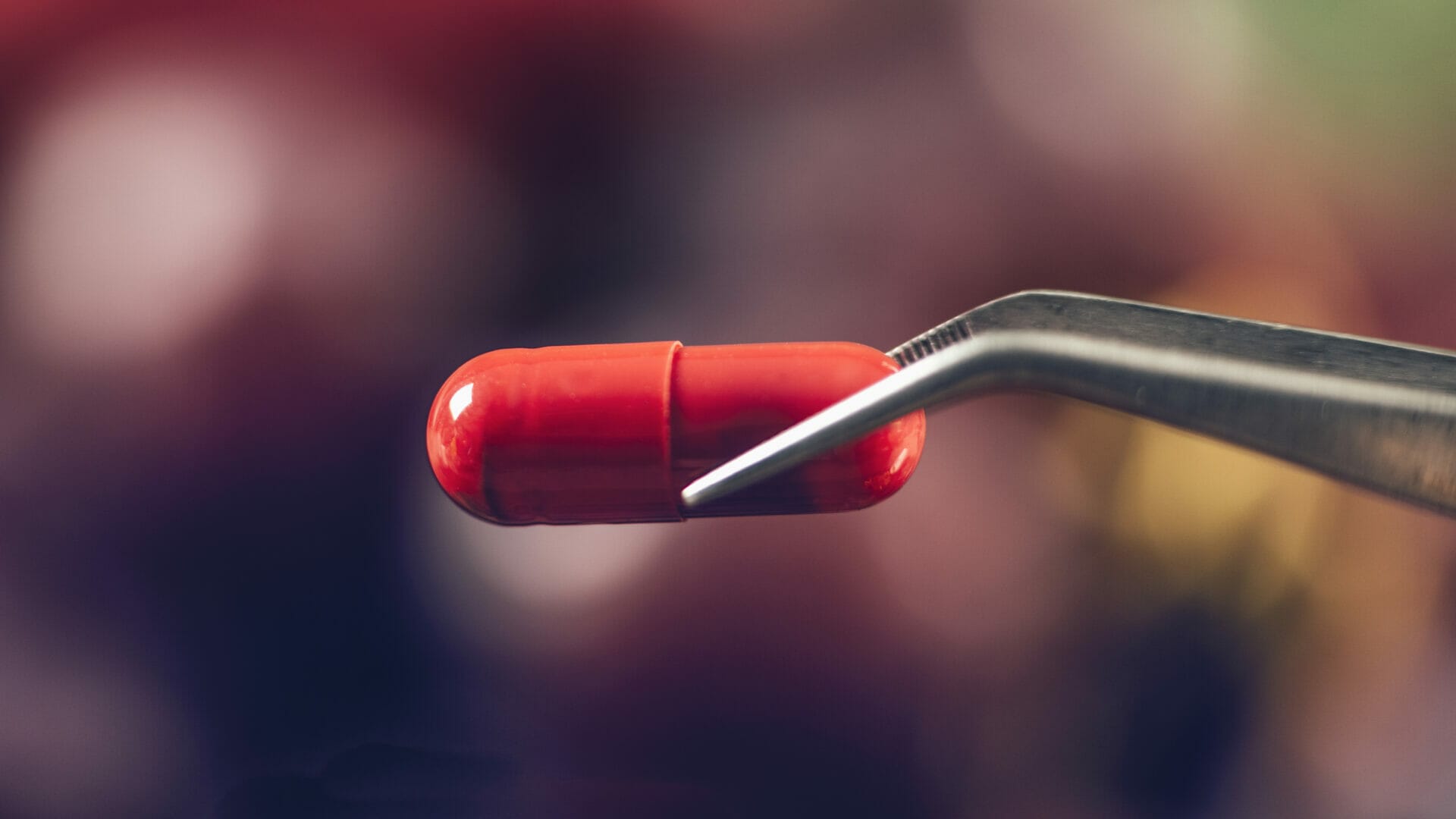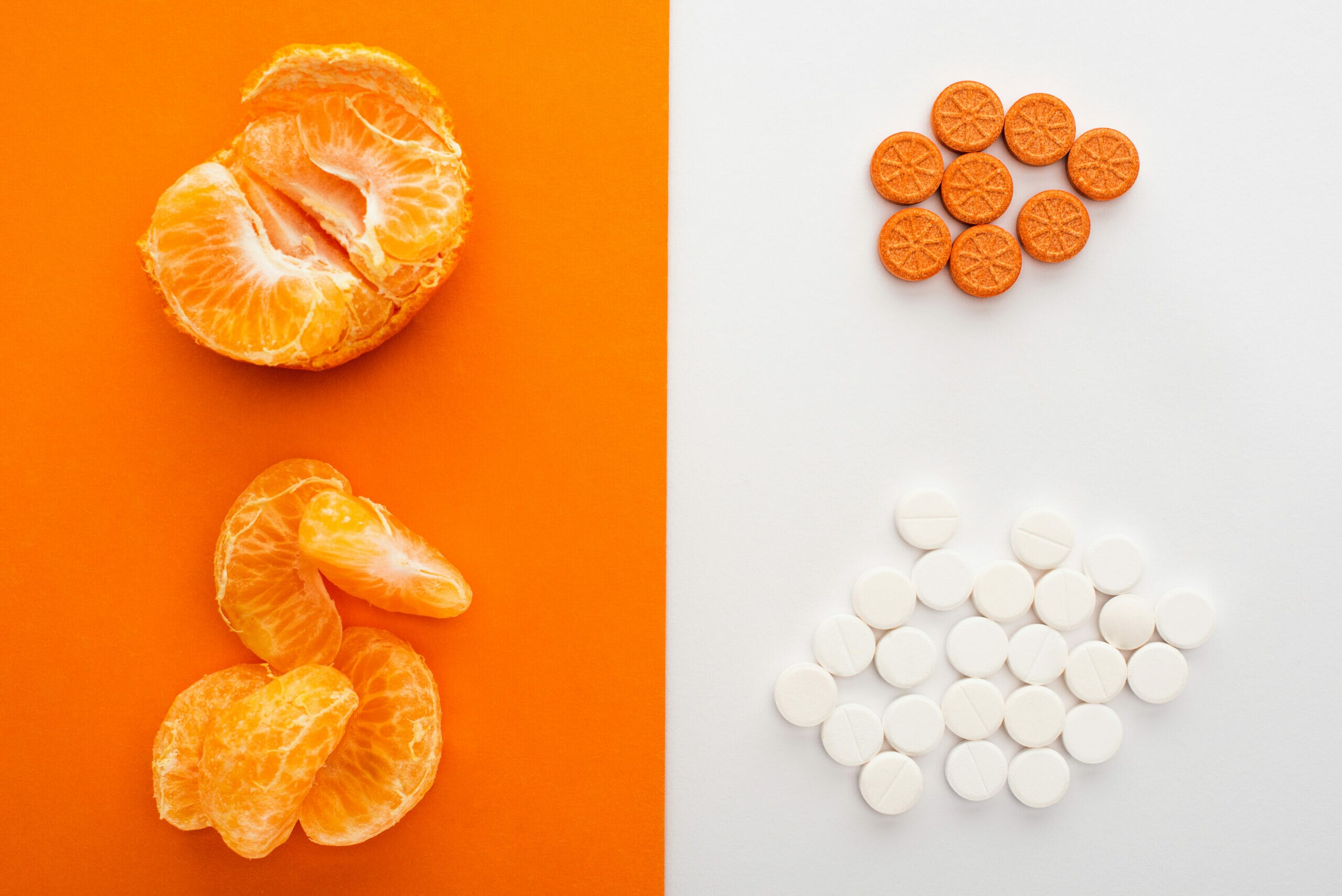Halal may be a term you’ve heard of or seen on food products, but do you actually understand what it means? Additionally, did you know that nutritional supplements and other goods can also be halal-certified?
What does HALAL mean?
Halal is an Arabic word that means something is allowed or legal. When foods and food items, such as dietary supplements, are prepared, handled, manufactured, and stored on equipment that has been cleansed in accordance with Islamic law, they are generally considered to be halal.
The Islamic Food and Nutrition Council of America (IFANCA®) lists some of the foods that are specifically prohibited:
- Pork products
- Animals not slaughtered according to Islamic method or those that were dead before slaughtering
- Alcoholic drinks and intoxicants
- Carnivorous animals and birds of prey
- Blood and blood by-products
- Foods contaminated with any of the above items

Why Halal Certification is Important for the Supplement Industry
According to Market Study Report, the global supplement market is projected to be worth a staggering $349.4 billion by 2026. People all over the world are buying more vitamins, minerals, amino acids, botanicals, protein powders, and other dietary supplements, which is driven by changing lifestyles, more understanding of health and nutrition, and higher disposable incomes. Why is halal certification important to this sector of the economy? a mix of product types and market sizes. There will be a significant demand among young, health-conscious Muslims worldwide including in the US and Europe. According to Pew Research, the Asia-Pacific area, where there are 986 million Muslims worldwide, is likely to have some of the fastest growth in the supplement market.
Given that the majority of products in this industry are heavily processed, halal certification is particularly significant. Muslim buyers all across the world want to be certain that anything they purchase is free of substances produced from animals not killed in line with Islamic custom, alcohol, and pork. Since almost all dietary supplements and nutraceuticals come in processed forms, it is impossible to know what each constituent is. These goods, whether they be prepared foods, beverages, or supplements, cannot be presumed to be Halal by practicing Muslims unless they have received certification to that effect. One cannot be certain of the precise contents, unlike with an apple or a potato, for example. Any supplement that is purchased by Muslims will have a noticeable Halal seal on the package.
In addition, a lot of supplements do contain substances that are prohibited by Islamic law. For instance, whey protein products must be certified since whey is made using the rennet enzyme, which can be derived from microbial or bovine sources. Furthermore, non-Halal beef or pork gelatine is frequently used in gummy vitamins for kids or in capsules for vitamins, minerals, or other supplements. According to the Vegetarian Resource Group, several popular supplements such as collagen, amino acids, proteins, fatty acids, certain vitamins, and many others are frequently – or exclusively – obtained from animal sources. These items require Halal certification in order to reassure Muslim customers that the ingredients do not come from pork or non-Halal-certified animals because there are so many supplements that may not be permitted.

Mark of approval
Although many items are halal, some producers still go through the certification process to reassure customers. An identification symbol will appear on the label of products that have received halal certification. The IFANCA mark, for instance, is a circle with the word M and a crescent moon inside of it.
Young American and European Muslims who are interested in health and nutrition while upholding their religious traditions must be marketed to with halal-certified whey. The Asia-Pacific region, which is expected to grow quickly and reach $1.57 billion in 2025, is also significant. Whey protein producers should make sure that their goods are certified by a globally renowned Halal certifier like ISA to appeal to the sizable Muslim populations of India, Malaysia, Indonesia, and Singapore.
The mark you are most likely to notice while looking for a halal product is IFANCA because it is the top halal-certifying organization in the U.S. and a leader in halal education globally, though there are others.
A growing market
There are an estimated 1.6 billion Muslims in the globe, and many of them take care to eat only items that have been approved as halal.
The halal food market is expanding significantly in the United States, according to a recent report. In recent years, total sales increased to $20 billion, increasing not only as the number of Muslims increased but also as younger consumers sought out halal products for reasons unrelated to religion.
Halal vitamins and supplements
It has to do with how they are made and the components they include when you see a halal label on vitamins and dietary supplements. The majority of supplements with the label are soft gels or capsules made with gelatin derived from animals. When a supplement is labeled “halal,” it signifies that the animal from which the gelatin was derived was treated and used in accordance with recognized Islamic principles.
Conclusion
Journal of the American Medical Association Network Open claims that dietary supplements may contain active pharmaceuticals in supplements marketed as solely botanical or cheaper ingredients may be replaced for more expensive ones that are stated. The FDA discovered approximately 750 supplement brands that had been tainted with pharmacological chemicals between 2007 and 2016. Their customary response was to urge a voluntary recall, which was frequently ignored. Because of this, many customers have legitimate worries regarding the quality and security of dietary supplements. Whether or not a person is Muslim, the additional security of a Halal certification increases consumer confidence that the product contains high-quality, precisely specified ingredients.
We strongly advise obtaining Halal certification if your business produces nutritional supplements or other items to ensure that your offering will be trusted by customers and appeal to the broadest market possible.

